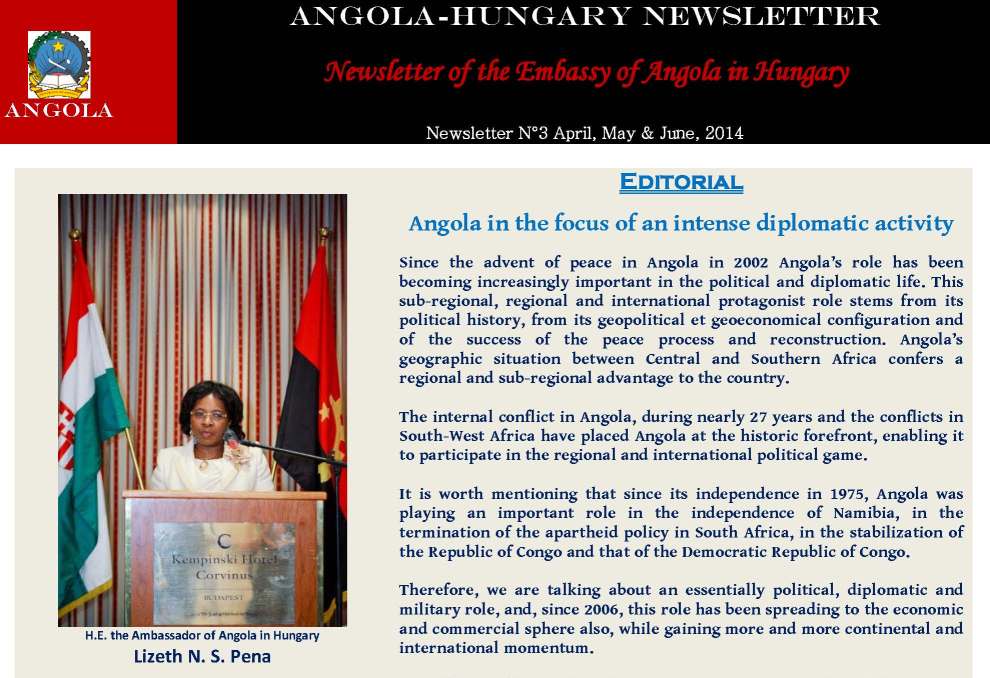General Information
Hungary (in Hungarian, Magyarország) is one of the oldest countries in Europe, and exists as a nation since the year 1000 of the Christian era. During its long history many people occupied the territory which is located Hungary at present-day. The Romans established the Danube as the eastern frontier of their empire. Ruins of this period exist in some places in Hungary, such as the amphitheater and the resort town of Aquincum.
• Name: Republic of Hungary
• Extension: 93 030 km2
• Population: 10,034,000 inhabitants
• Capital: Budapest (1.9 million inhabitants)
• Other important cities: Debrecen, Győr, Miskolc, Szeged
• Extension of Budapest: 525 km2
• Official language: Hungarian
• Currency: Forint (HUF)
• Time: GMT + 1 GMT + 2 (April to September)
• Neighboring countries: Austria, Croatia, Slovakia, Slovenia, Romania, Serbia, Ukraine.
• Climate: Continental temperate, the average summer temperature is 21° C, in winter the coldest month is January with an average temperature of -1° C.
• National Public Holidays:
1st January: New Year's Day
Mobile Holiday: Easter Sunday
Mobile Holiday: Easter Monday
15 March: Day of the Revolution and the Freedom Fight of 1848
1st May: International Workers’ Day and entrance day into the European Union
Mobile Holiday: Pentecost Sunday
20th August: Day of Saint Stephen of Hungary and Foundation Day of the Hungarian State
23 October: Day of the Revolution and Freedom Fight of 1956
1st November: All Saints Day
24, 25 and 26 December: Christmas
• Telephones: The code to call Hungary from abroad is +36, to call abroad from Hungary dials up 00 + country code + area code + phone number.
• Voltage: 220 volts
• Typical products and souvenirs: Embroidery, tablecloths, porcelain (Herend and other), ceramic, paprika, foie gras, and hungarian saveloy and Tokaji wine.
• Distances between Budapest and some European cities:
Budapest - Vienna (Austria): 250 km
Budapest - Prague (Czech Republic): 510 km
Budapest - Krakow (Poland): 395 km
Budapest - Salzburg (Austria): 550 km
Budapest - Warsaw (Poland): 845 km
Budapest - Bucharest (Romania): 800 km
Budapest - Belgrade (Serbia): 370 km
Budapest - Zagreb (Croatia): 350 km
• Speed limits: In urban areas: 50 km/h; outside towns: 90 km/h; on highways 120 km/h
• Public transport in Budapest: the public transportation in Budapest consists of metro (M1, M2, M3 and M4), trams, buses and trolleybuses stations.
POLICY
President of the Republic: János Áder
Prime Minister Viktor Orbán
President of the National Assembly: László Kover
National Assembly: 199 Members



